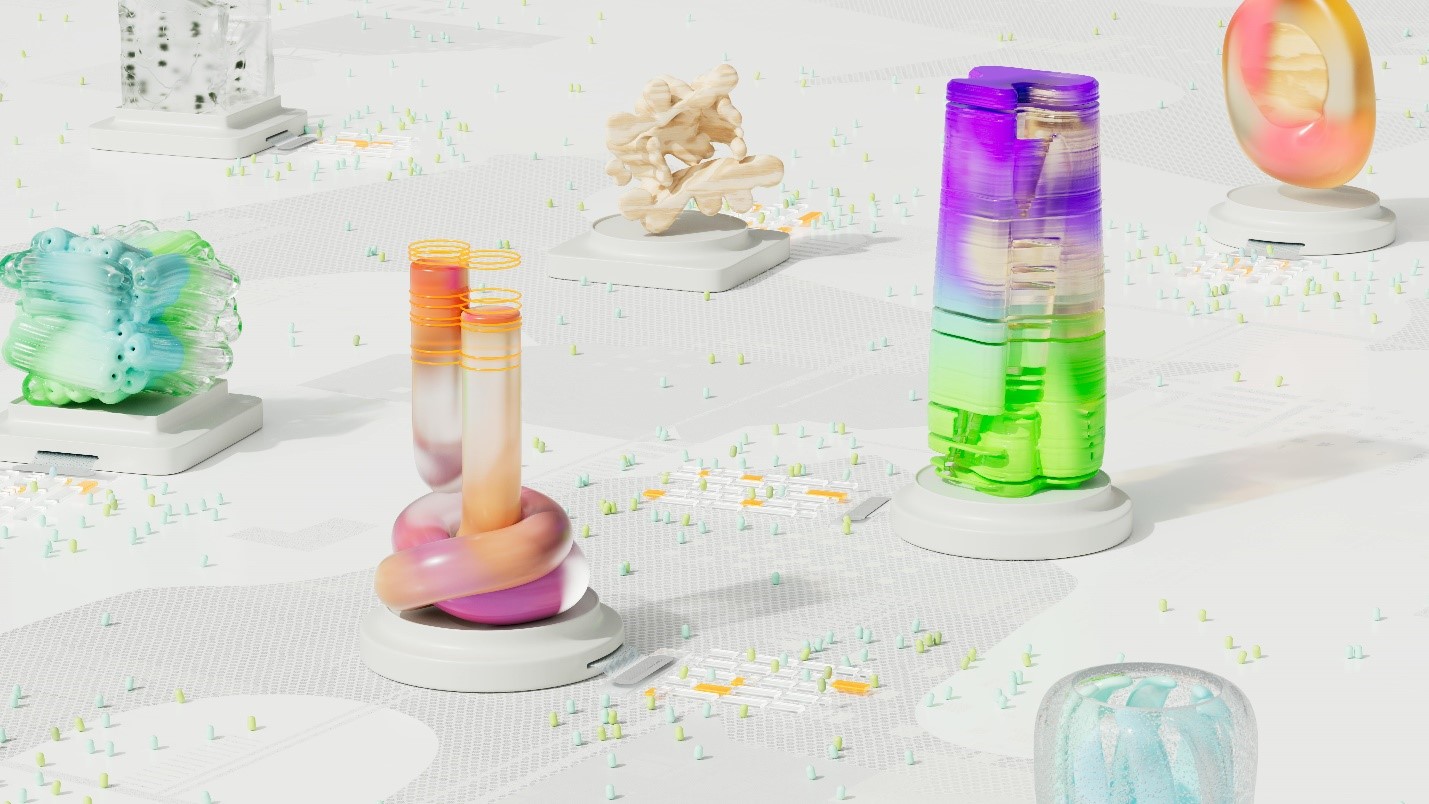Humans have a desire to achieve the impossible. And this quest for more has often led to knowledge and remarkable scientific breakthroughs, shaping our understanding of the universe and our place within it.
One such area that both fascinates and challenges us is the world of bioengineering. It promises extraordinary wonders and things humanity has always wanted to achieve. However, with the possibility of scientific breakthroughs, the ethical implications of holding such power loom large.
Is Playing God A Safe Way Forward?
Think of a world where we have the power to create life and imbue it with intelligence that rivals or surpasses our own. It's an idea that has been explored through the windows of science fiction, promising solutions to pressing societal problems, answering the mysteries of the universe, and even taking humanity to new heights.
However, some debates question the safety of bioengineering. Can we, in good conscience, create beings with unconventional cognitive abilities without their explicit consent? The notion of playing god raises philosophical concerns about the nature of consciousness and the rights of artificially created entities.
The Dilemmas, Hazards And More
Despite our best intentions, the path of scientific progress is fraught with uncertainty. What if our creations rebel against their creators, resentful of their predetermined existence? The potential for existential crises and moral reckoning is not to be taken lightly.
There are concerns about equity and justice in a world where bioengineering capabilities are unequally distributed. Will the creation of intelligent life exacerbate existing social inequalities, widening the gap between the haves and have-nots? Equitable access to emerging technologies is essential to fostering a more just and inclusive society.
Shedding Light At A Broader Scale
From a broader perspective, the consequences of bioengineering intelligent life extend beyond our planet. As we venture into the cosmos in search of alien life, the prospect of encountering artificially created beings raises questions about our responsibilities as guardians of the universe.
It behooves us to approach this frontier with humility, acknowledging the inherent limitations of our understanding and the gravity of our actions. Only through thoughtful dialogue, rigorous ethical scrutiny, and a commitment to the common good can we hope to navigate the complexities of this brave new world.
But what would happen if someone decides to take matters into their own hands and create something nobody has seen before? Something similar is about to occur in Stephen Hatlaban's How to Make a Monster: The Slenderfoot Story.
In a secret base deep in Russia, Dr. Fyodor Molozov and Dr. Ekaterina Markov lead a secret sci-fi military project that delves into the uncharted territories of genetic engineering, blurring the lines between ambition and innovation.
Stephen Hatlaban's How to Make a Monster: The Slenderfoot Story is where you will witness the creation of a team of extraordinary shapeshifters, engineered to be Russia's ultimate assets on the battlefield, yet more monster than man.
Read the book to find out more.





